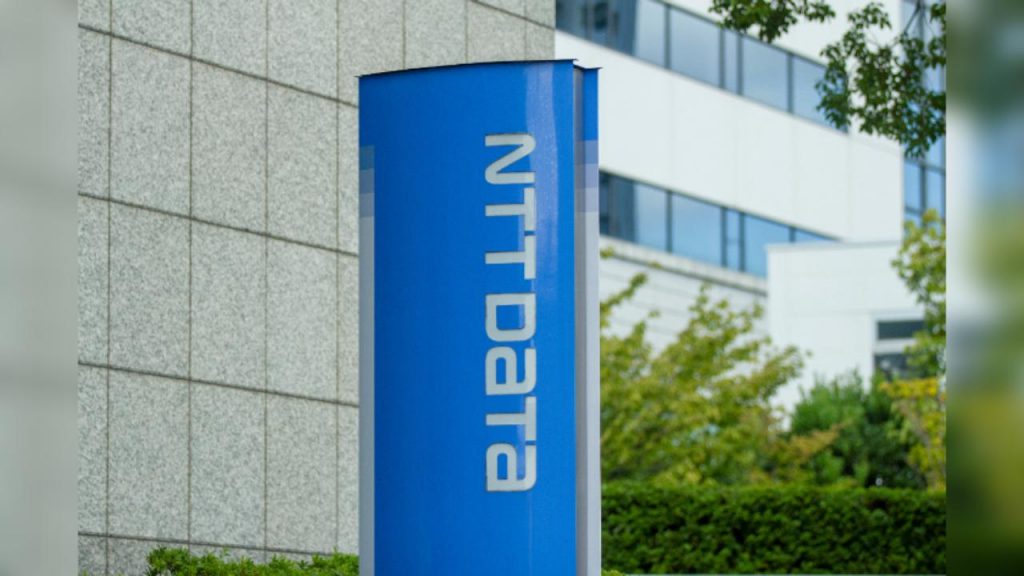- NTT DATA and Eurofiber announce joint private 5G initiative across Europe.
- The move targets digital transformation for industries needing ultra-reliable, low-latency solutions.
What happened: Japanese IT giant teams with Eurofiber on pan-European 5G push
NTT DATA has partnered with digital infrastructure provider Eurofiber to offer private 5G networks to enterprise clients across Europe. The collaboration aims to help businesses meet growing demands for secure, low-latency wireless solutions in sectors such as manufacturing, logistics and healthcare.
The companies will integrate NTT DATA’s 5G technology with Eurofiber’s extensive fibre footprint, enabling customers to deploy private mobile networks tailored to specific operational needs. According to the official announcement, the partnership will prioritise European data sovereignty, with infrastructure hosted locally.
NTT DATA claims its private 5G solutions are designed for scalability, security, and ease of integration with existing enterprise IT systems. By using licensed and unlicensed spectrum options, the partnership intends to deliver flexible deployment models across urban and industrial environments.
Also read: Vodafone launches European broadband research hub
Also read: GlobalConnect joins Arctic fiber cable project
Why is important
The private 5G market is increasingly becoming a strategic battleground as European enterprises seek to modernise operations amid rising automation and IoT integration. The NTT DATA-Eurofiber alliance reflects a broader trend where traditional telecoms firms are partnering with cloud and IT vendors to capture this opportunity.
However, questions remain around spectrum access, regulatory fragmentation, and the total cost of ownership for private deployments. European regulators, unlike counterparts in the US or Asia, have been slower to define clear rules for private 5G use—creating uncertainty for mid-sized enterprises.
Still, the potential benefits are hard to ignore. Dedicated 5G networks offer not only performance gains but also improved security, as sensitive data can be processed on-premises. As industries such as manufacturing and energy digitise their infrastructure, partnerships like this may become essential enablers of real-time monitoring, robotics and AI-driven operations.

